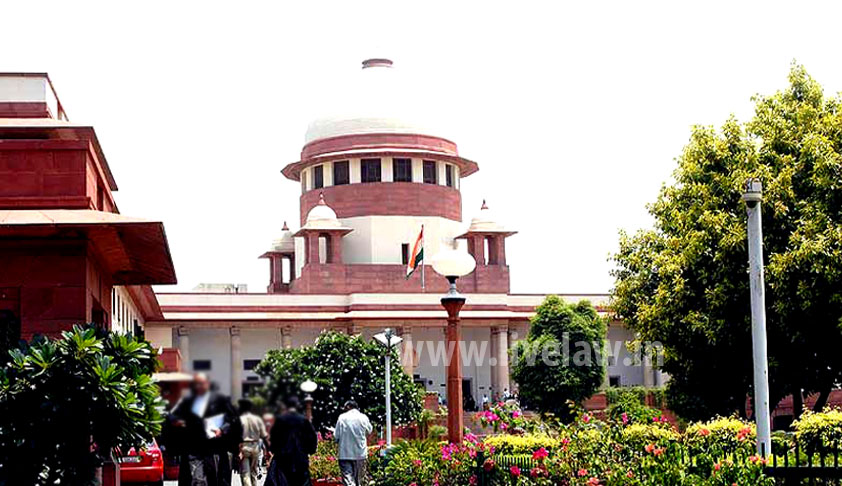Centre to file Curative Petitions against SC judgments commuting death sentences
Apoorva Mandhani
30 Jun 2014 9:14 AM IST

Next Story
30 Jun 2014 9:14 AM IST
Strengthening its stand on capital punishment for death row convicts, the Union Home Ministry has communicated to the Ministry of Law that the President’s verdict should be considered final after the legal procedure is completed. The Modi Government also conveyed that the President’s decision cannot be challenged in the court. In its affidavit, the Ministry of Home Affairs has taken the...
